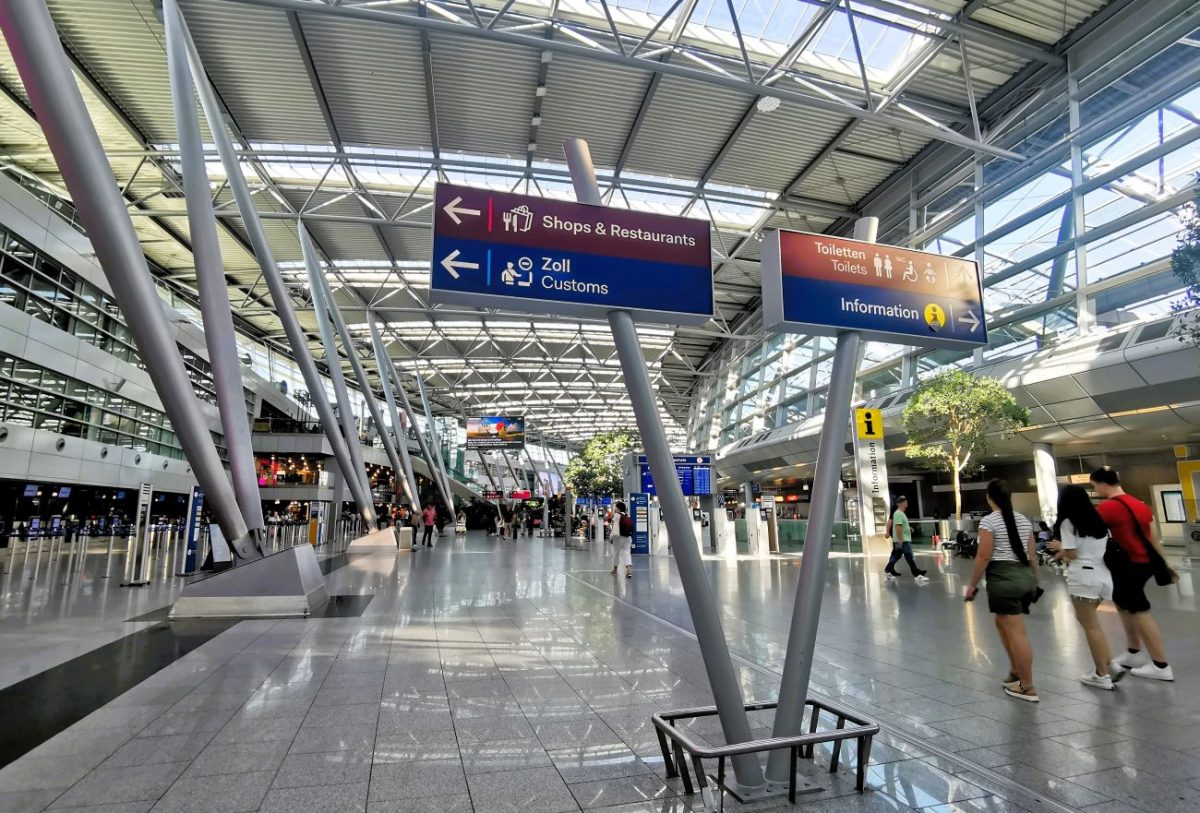Online distribution of hotels ‘could be pushed back a decade’
Converging risk factors in the travel market could push online distribution back 10 years, warns the boss of a leading hotel representation company.
Niels Pedersen, managing director of 1,500-member consortium Supranational Hotels, highlighting six danger signs to which the sector must respond, called for regulation of e-commerce suppliers.
He said: “I foresee a buyers market returning within 12-18 months – partly as the cost of travel rises through fuel charges and environmental taxes, and partly because too many new hotels are being built.
“Before then, however, today’s rip-off market – high prices, low efficiency, widespread guest dissatisfaction – is returning the reputation of online bookings to the pioneering days of the mid-1990s.
“The answer is for e-commerce suppliers to become regulated and then establish agreed and accredited standards for bedroom sourcing, payment protection and problem solving, or alternatively risk losing their market to the safer jurisdiction of travel agents.”
Pedersen says the six issues to be tackled are:
· There is currently a sellers market for hotels in many locations and they are fuller and therefore more choosy as to the electronic middlemen with whom they want to work. In addition, the major hotel brands are trying to cut out intermediaries in favour of attracting bookings direct.
· This means that commissions to such dot.com suppliers are being halved from recent levels of 25% or more, and consequently their call centre operations are being reduced in size and efficiency and cannot properly handle any booking problems that arise.
· Disillusion with unreliable email communication is mounting because an estimated 1 in 6 goes astray – whether inadvertently deleted, or diverted by anti-spam security. More guests are arriving to find no knowledge of their booking, and no room in a full hotel.
· Many hotels are unwilling to invest in reservations staff who are professionally trained in e-commerce and so their bedroom availability is not kept up-to-date regularly – let alone several times a day – and such inaccuracy clashes with the trend towards booking later, and on a 24/7 basis.
· Most internet engines are accessing bedrooms on an allocation basis, not through a real-time central database, and this can lead to problems of overbooking at busy times. Full payment in advance for these allocations causes serious problems when guests arrive at the hotel to find no record of their booking.
· Customers lose further confidence in online bookings when they are downgraded to a lesser hotel than the one they wanted, and also because an increasing proportion now considers it essential to telephone beforehand to check their booking has arrived.
by Phil Davies
Phil Davies
Have your say Cancel reply
Subscribe/Login to Travel Mole Newsletter
Travel Mole Newsletter is a subscriber only travel trade news publication. If you are receiving this message, simply enter your email address to sign in or register if you are not. In order to display the B2B travel content that meets your business needs, we need to know who are and what are your business needs. ITR is free to our subscribers.








































Airlines suspend Madagascar services following unrest and army revolt
TAP Air Portugal to operate 29 flights due to strike on December 11
Qatar Airways offers flexible payment options for European travellers
Airbnb eyes a loyalty program but details remain under wraps
Air Mauritius reduces frequencies to Europe and Asia for the holiday season